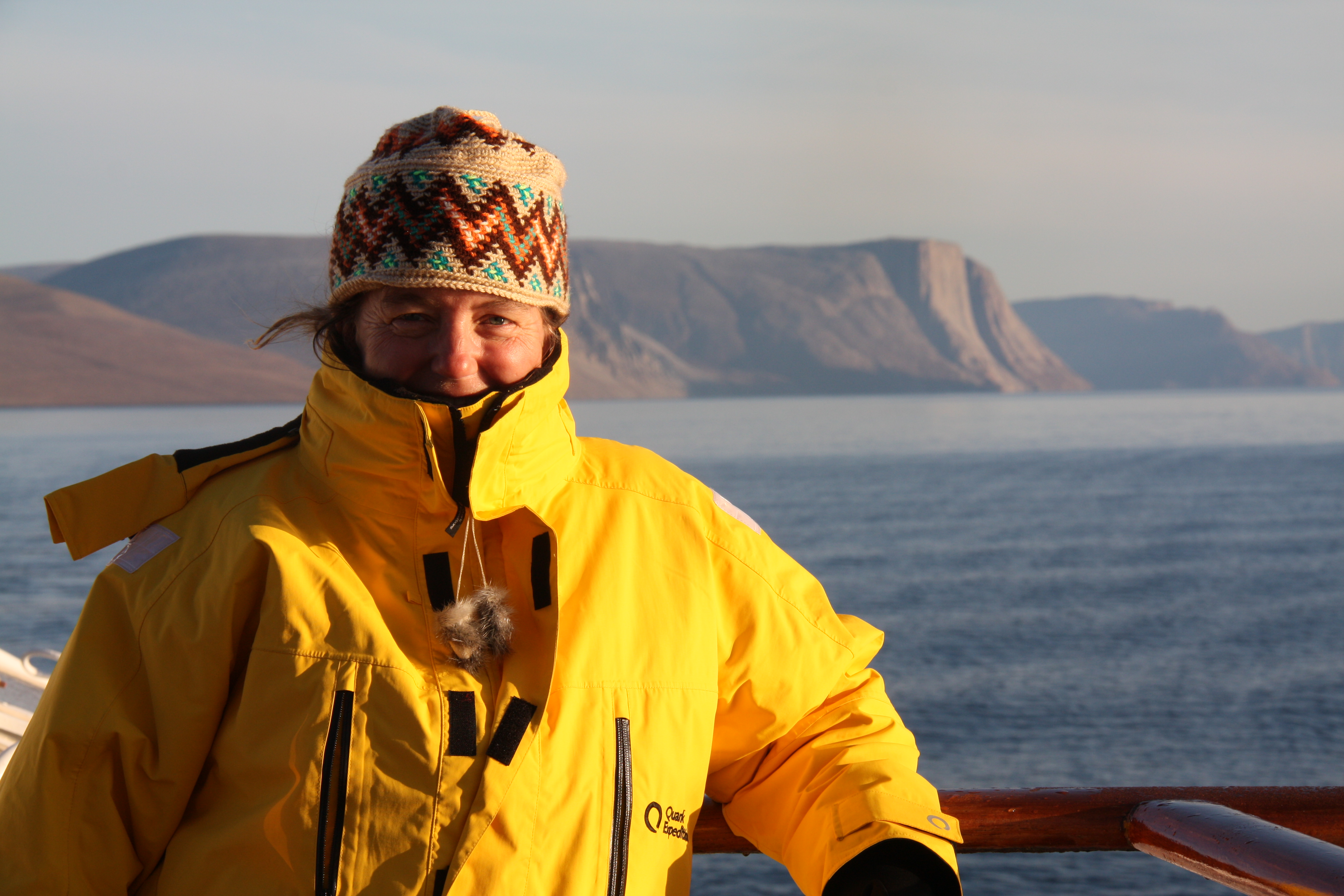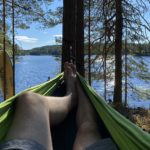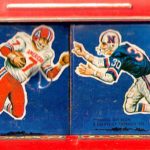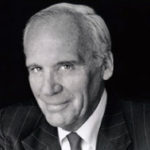Pam Houston is the author of two collections of linked short stories, Cowboys Are My Weakness and Waltzing the Cat, the novel Sight Hound, a collection of essays, A Little More About Me, and Contents May Have Shifted, all published by W.W. Norton. Her stories have been selected for volumes of Best American Short Stories, The O. Henry Awards, the 2013 Pushcart Prize, and Best American Short Stories of the Century. She is the winner of the Western States Book Award, the WILLA award for contemporary fiction, The Evil Companions Literary Award, and multiple teaching awards. She directs the literary nonprofit Writing By Writers, is professor of English at UC Davis, teaches in The Institute of American Indian Art’s Low-Rez MFA program, and at writers’ conferences around the country and the world. She lives on a ranch at 9,000 feet in Colorado near the headwaters of the Rio Grande.
How did you get started traveling?
I was an only child born to parents very late in their lives, and they were travelers. Their idea of living was to earn money to go traveling immediately. I grew up in New Jersey, and then we moved to eastern Pennsylvania. I spent countless nights on I-95 driving to warm places. That doesn’t sound very glamorous in terms of travel, but it’s what my parents wanted to do. We literally would get in the car and ask, “Is there enough money to get gas?” “Is there enough money for a hotel room?” “Well no, so we’re going to sleep in the car and nap on the beach.” Sometimes: “Yes, there’s enough money for the Howard Johnson’s,” and my dad was the master of talking down hotel people late at night. So that was basically my childhood: Getting in the car and driving someplace where there was a beach you could sit on in a bathing suit. I did go once to London with my parents, and if it was a flush year we would go to Puerto Rico or Bermuda or someplace like that. They were not world travelers, but they liked to get in the car and go on an adventure without a plan. I often say things that aren’t that great about my parents, but that’s one thing they gave me, for sure.
When I was in high school, even before I had a car I would walk the railroad tracks and ride my bike to little towns that maybe had a gas station with a pinball machine. The goal was to be out of my household, but it definitely had Mark Twain in it. It had this idea that the railroad tracks would take you somewhere. I loved interacting with nature — I talked to trees, I talked to mountains. There were lots of different railroad tracks in our area, and it always felt like an adventure.
One time, probably around the fourth grade, I wanted to go to my friend Mimi’s house. She lived eight or nine miles away. My mother was too busy to take me and brushed me off, so I packed my little Barbie suitcase and I decided I was going to walk to Mimi’s house. That involved a lot of railroad tracks and a highway underpass and a lot of weird fields. By the time I got to Mimi’s house I was tired and angry. Mimi’s mother was a super-liberal, so when I got there I told her that cops had pulled me over as I was walking and searched my Barbie suitcase for drugs. I didn’t say anything untoward had happened, nor did I imply it, but this was my revenge on my mother. It was a completely fabricated story. We went to see the junior high performance of Fiddler on the Roof, and when we come home to Mimi’s house, where I was spending the night, there were three cop cars in the driveway. Mimi’s mother, outraged at the behavior of the police, had called the cops. Each one of them questioned me, one at a time, and asked me all these questions, and I stuck to my story. Fifteen years later I was shopping with my mother, and she was mad at me, and she said, “Do you remember when you told Mimi’s mother that a cop pulled you over? Everyone knew you were lying.”
How did you get started writing?
I don’t remember life before writing, honestly. I remember reading Dr. Seuss’s On Beyond Zebra!, which was the one that had twenty-six letters after the twenty-six letters we know, and all the monsters you could make out of those twenty-six letters. Something about reading that made me say I wanted to me a writer. I was super precocious and obnoxious at that age and I had a fantastic babysitter named Martha Washington. My parents weren’t really interested in parenting, so she was kind of the person who raised me. She taught me to read when I was two and a half, and I could read really well by the time I went to kindergarten. It feels like I was always making books and making stories and making comics.
I would go out on my walks on the railroad tracks and I would write down “glimmers.” I would wait for something to grab my attention, to glimmer at me, and then go home and write it down. I still do this. Sometimes those things are hideous and sometimes they’re beautiful, and sometimes they’re funny, and sometimes they’re complicated. That’s how I’ve written everything I’ve written.
What do you consider your first “break” as a writer?
I went to college in Ohio, then I took three years off and was a ski bum. I skied 120 days a year and worked three jobs to do that. Then I went to graduate school at the University of Utah to start a five-year PhD. The fiction writers at Utah were not in any way impressed with my writing. The main fiction professor at Utah had a list of can’ts: No mountains, no trees, no snow, no skiing, no eyes, and no female bodily excretions. I know that sounds unbelievable here in 2017, but it was true. And Cowboys are My Weakness, my first book, is of course an aria to mountains and snow and trees and skiing and female bodily excretions. I had a wonderful cohort, and I do not regret my years at Utah, but I was not among the vaunted. I have evaluations that say, “Pam should find something else to do with her hands.” No kidding.
So I went to this conference that we were putting on, Writers at Work, and in exchange for the work we were doing we got a 20-minute session with a writer or editor or agent. When I went to see whom I’d been assigned the lady at the desk was like, “Sorry, all the plates are full, you don’t get one.” I started to walk away, and Shannon Ravenel, the series editor of Best American Short Stories, followed me out of the room and came up to me and said, “Hey I just heard that woman be really shitty to you.” She said, “My plate’s not full, and if you want to give me a copy of your story I’d be happy to read it.” She had no reason to do that. I had one halfway decent story, because it was my first year of grad school, and I gave her that. She really liked it, and she called Liz Darhansoff, who is still my agent to this day, and she called Carol Houk Smith from Norton, who became my editor for five books until she passed away. So weirdly, it really was a break. It was a moment in time where someone decided to do a kind thing, and everything else happened out of that moment of kindness. That’s why I believe in writers’ conferences and writers-education outside of the university.
It took me four years from that moment to write Cowboys are my Weakness, which was my thesis for my PhD. I was leading these parallel lives in graduate school. I was literally going to workshop and having my stuff dismissed soundly and roundly and utterly. And at the same time I was working on my book with W.W. Norton with Carol Smith, one of the most famous editors of all time. It was a weird four years, and eventually I walked out. When Cowboys are my Weakness was published and had its moment of getting attention, I had two months left in my PhD program and I quit. I’m the best-educated B.A. in America.
As a traveler and fact/story gatherer, what is your biggest challenge on the road?
For me, my first job as a writer, whether I’m traveling to the Wal-Mart or Mongolia, is to pay strict attention. What I’m waiting for when I’m paying attention is a feeling of resonance, what I call a “glimmer.” I’m waiting for something to vibrate at me. And that can be anything from the way the light is coming through the trees, or it can be an overheard moment of conversation, or it can be watching my mother’s ashes get put in the ground, or it can be drinking lao-Lao at 5am at the side of the river out of a rusted tin drum, or it can be riding a Mongolian pony with the guide incessantly coming up and grabbing the pony’s tail. So I’m waiting for those moments, and then I am picking up that hunk of the physical world and transcribing it into language and putting it on the page. And then later on I’m pulling those into combination with each other and seeing what they do. That’s basically the bare bones of my process.
What is your biggest challenge in the research and writing process?
It depends. If there is an assignment, then at some point I’m going to have to reckon with the assignment. If there’s no assignment, then that gives me an excuse to have no agenda. The longer I don’t know the agenda of the story, the better. The three questions I never ask myself are “What does it mean?”, “Where is it going?”, and “How does it end?” It feels more to me like making a physical art piece, a collage or a mosaic. I totally want the piece to teach me first. I have a strong belief that the metaphor knows more than I do, so I’m going to try to be in the dark for as long as I can.
What is your biggest challenge from a business standpoint? Have you ever done other work to make ends meet?
I teach too much. It’s hard for me to say no to teaching. Sometimes I’m just made of student manuscripts: I have 400 pages in my car and 400 pages in my suitcase and 400 pages by my bedside. I love teaching, and I love thesis advising; I love helping books come to fruition in the world.
I also bought this ranch in Colorado 26 years ago that I put 5% down on. To say that I couldn’t afford it so understates it that the words don’t even make sense. So for so many years — 26 to be exact — I was just saying yes to every job no matter what, whether it was a writing job, a teaching job, or a speaking job, because I was always on the verge of not having enough money to pay my ridiculous mortgage. I had to keep writing, I had to keep pedaling as fast as I could, and if I had not had this giant anvil waiting to come down on my head I might have written a lot less. I’m good at working hard, I like it; I’m good at hustling, I’m good at getting a job if I need a job. I’m good at talking someone into letting go somewhere or write something. These are all skills I developed because I had this gigantic mortgage. I put myself in an untenable situation, and I squeaked out of it.
What travel authors or books might you recommend and/or have influenced you?
In Patagonia was a book that was so important to me on so many levels: Travel, going to a place and letting it transform you, and also the idea that it didn’t all have to be true. The space I live in as a writer, the swath of meadow I occupy between fiction and nonfiction; that was certainly influenced by In Patagonia.
Over time you realize which books influenced you. Larry Levis was a poetry teacher at Utah when I was there. The way he put objects together in his poetry — the way he put places together, and nostalgia, and memory, and the natural world — the way he moved among those things in his poems was hugely influencing on me. I didn’t exactly know that at the time but my most recent book Contents May Have Shifted, it’s really a tribute to Larry Levis.
As a young person wanting to go out West I read all of Edward Abbey. Willa Cather taught me how to write about the West in a certain way. We’re all children of the modernists — we can’t help it — Joyce and Faulkner and Lawrence and Woolf. Those books got into me they got under my skin. Richard Ford’s Rock Springs came out when I was in grad school. That book was major for me. You’re not hearing a lot of women here, and I’m aware of that, but that’s just how it was in the circles I was in.
Lorrie Moore’s Self Help came out when I was in graduate school, and when I wrote “How to Talk to a Hunter,” which was the first story of mine that got anybody’s attention, all I was doing was trying to imitate her. It was weird that no one called me on that. I mean it was my version — it was “Lorrie Moore moves to Utah” — but still it was me imitating her style because I liked it. I understood how it worked, and I was jazzed by it.
What advice and/or warnings would you give to someone who is considering going into travel writing?
Pay attention. Make a regular practice of getting the “glimmers” from your mind to the page. A glimmer is something out in the concrete physical world that when I see it or hear it or smell it or taste it, it creates a feeling of resonance with me. Iit vibrates against me in a way that makes me know this is a part of the exterior landscape that I’m going to be able to use to expose my interior landscape.
I’m on airplanes so often, and there’s always a time when the pilot says, “OK ladies and gentlemen we’re about 55 minutes out” — it’s basically the go-to-the-bathroom notice. So from the moment he says that I can’t do anything except dump glimmers until we land. I always talk to students about finding a regular time to get those things onto the page.
When I start to talk about place-based writing I start to feel a little disingenuous because I wouldn’t know how to do it any other way. I don’t ever have an idea, I don’t ever have a story I want to tell. For me it’s about everywhere we go, the places that rattle us and the places that move us and the places that heal us. They get into us on a cellular level, and we get into them on a cellular level, and that’s what we’re trying to express. To me that’s what writing is.





